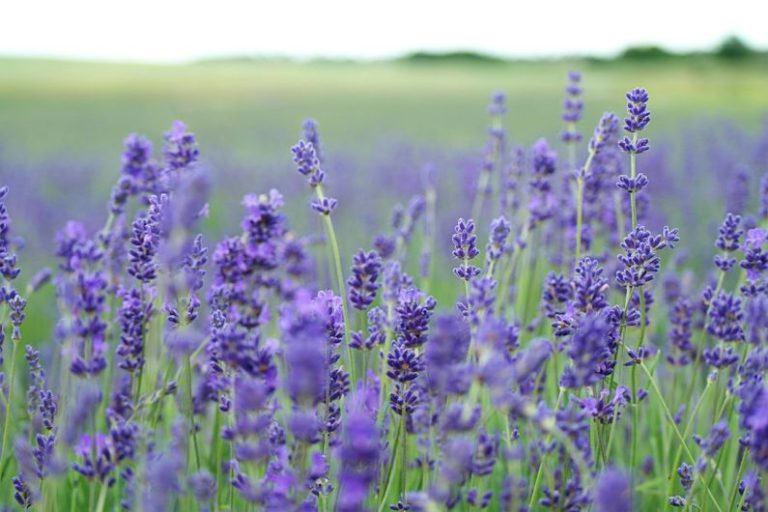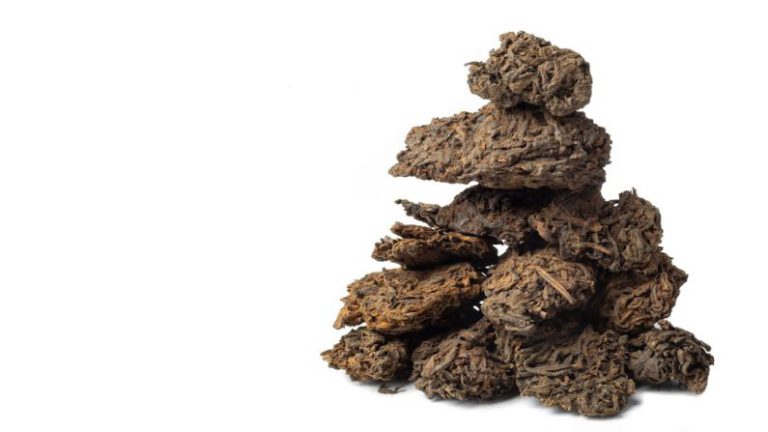Green Tea Vs. Black Tea: the Great Debate
When it comes to tea, there are countless varieties to choose from, each with its own unique flavor profile and potential health benefits. Two of the most popular types of tea are green tea and black tea. Both are derived from the Camellia sinensis plant, but they undergo different processing methods which result in distinct flavors, colors, and nutritional properties. In this article, we will explore the differences between green tea and black tea to help you decide which one is the best fit for your taste buds and lifestyle.
Green Tea: The Delicate Elixir
Green tea is known for its light, grassy flavor and subtle sweetness. It is made from unoxidized tea leaves, which are quickly heated after picking to halt the natural oxidation process. This minimal processing helps retain the tea’s vibrant green color and delicate taste. Green tea is rich in antioxidants, particularly catechins, which have been linked to various health benefits, including improved heart health and reduced risk of certain types of cancer.
Black Tea: The Bold Brew
On the other hand, black tea is fully oxidized, resulting in a darker color and stronger flavor compared to green tea. The oxidation process gives black tea its distinctive malty or astringent taste, depending on the variety. Black tea contains more caffeine than green tea, making it a popular choice for those seeking a morning pick-me-up. Additionally, black tea is rich in theaflavins and thearubigins, which are unique antioxidants that may help lower cholesterol levels and improve gut health.
Flavor Profile Showdown
When it comes to taste, green tea and black tea offer two distinct experiences. Green tea is often described as light, fresh, and slightly vegetal, with a subtle sweetness that lingers on the palate. It is perfect for those who prefer a milder, more nuanced cup of tea. On the other hand, black tea is bold, robust, and often accompanied by malty or smoky notes. It pairs well with milk and sugar, making it a comforting choice for a cozy afternoon tea break.
Nutritional Benefits Comparison
In terms of health benefits, both green tea and black tea offer unique advantages. Green tea is renowned for its high antioxidant content, particularly catechins like EGCG, which have been studied for their potential anti-inflammatory and anti-cancer properties. Some research suggests that green tea may also help boost metabolism and aid in weight loss. On the other hand, black tea is rich in flavonoids, which are antioxidants that have been linked to improved heart health and cognitive function. The theaflavins in black tea may also help reduce the risk of stroke and lower blood pressure.
Choosing the Right Tea for You
When it comes down to choosing between green tea and black tea, personal preference plays a significant role. If you enjoy a light, refreshing tea with subtle flavors and potential health benefits, green tea may be the perfect choice for you. On the other hand, if you prefer a bold, robust cup of tea that can stand up to milk and sugar, black tea might be more your speed. Ultimately, both green tea and black tea offer a range of flavors and health benefits that make them valuable additions to any tea lover’s collection.
In Summary
Green tea and black tea are two popular varieties of tea with distinct flavors, colors, and health benefits. Green tea is known for its light, grassy taste and high antioxidant content, while black tea offers a bold, robust flavor profile and unique antioxidants. Whether you prefer the delicate elixir of green tea or the bold brew of black tea, both options provide a range of flavors and potential health benefits that make them worthy contenders in the great tea debate. So, brew yourself a cup of your favorite tea and savor the unique qualities that make each variety special.






